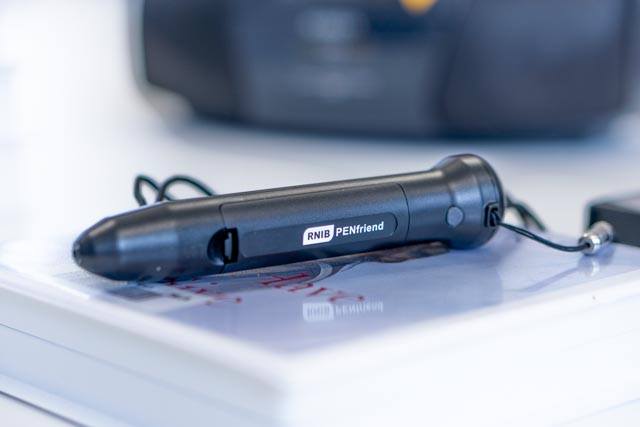September Newsletter No. 274
How poor diet can lead to blindness
“A poor diet of chips and crisps caused a teenage boy in England to become blind. The boy – let’s call him Jasper – first visited his family GP complaining of tiredness when he was 14 years old. Tests showed he was anaemic with low vitamin B12 levels. He was also a picky eater, but had no problems with his health.
His GP gave him vitamin B12 injections and advice on how to improve his diet. But by the time he was 15, he had started to develop hearing loss and had problems with his vision. He was referred to an ear, nose and throat specialist and was examined by an ophthalmologist, but no cause was found.
By age 17, his vision had become worse, to the point of blindness. He was referred to the Bristol Eye Hospital when he saw a specialist in neuro-ophthalmology. He was diagnosed with optic neuropathy (damage to the optic nerve) and further tests revealed that the cause was nutritional. He had several micronutrient deficiencies, including low vitamin B12 (his vitamin B12 injections had lapsed), vitamin D, copper and selenium levels, and a high zinc level. His bone mineral density was also very low – probably resulting from his low vitamin D.”
Is your office hurting your eyes?
“Many of us spend a disproportionate amount of our time in the office, and this can have a detrimental impact on the health of our eyes. An optometrist gives advice on how best to protect vision in the work environment.”
Hearing and sight-loss patients trained to use digital health tools
“People with hearing and sight loss in West Yorkshire and Harrogate are to be trained to use digital health tools to make visiting the GP easier. The project is being run by mHabitat and was designed to find out more about the challenges faced by people with hearing and sight loss when making and attending GP appointments. This includes difficulties in booking GP appointments, accessing buildings and waiting areas, communicating during consultations and reading information leaflets or letters”.
